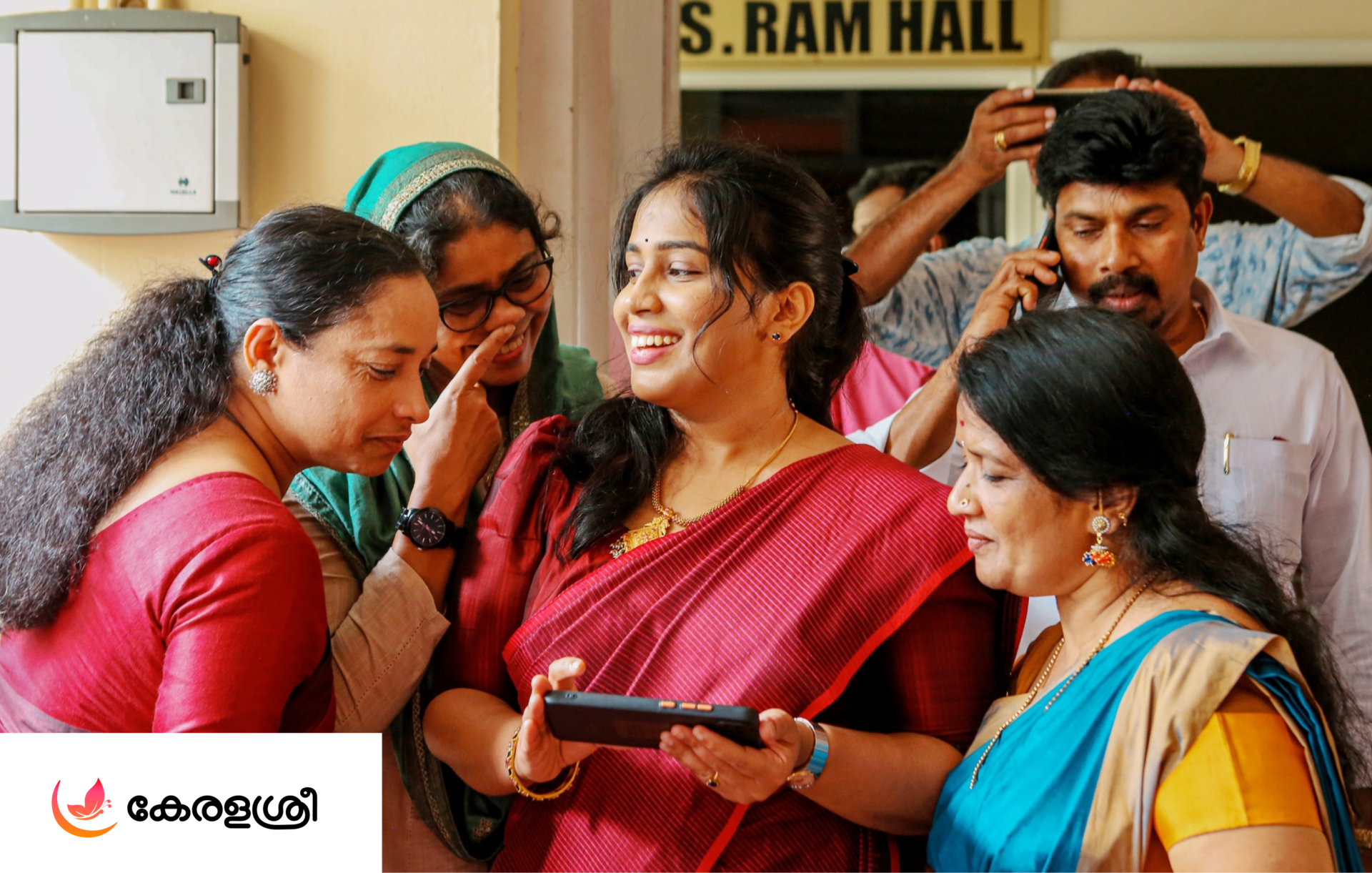Despite a widespread public acceptance of female politicians in India, the gender disparity in Indian politics continue to show that women’s political participation in the subcontinent remains low.
Whether at the highest echelons of power and at the grassroots level in social movements, women have proven their mettle nationally and regionally, yet women’s political participation and overall motivation remains low. This is despite the Indian Constitution’s provision of equal opportunity. Their lack of presence has a substantial impact on women’s empowerment and as a result with the issue of gender disparity in the country.
According to a 2020 report by the Association of Democratic Reforms (ADR) and National Election Watch (NEW), less than a tenth of the over 50,000 candidates contesting federal and state elections are women.
The gender disparity in Indian politics could be the result of various factors. To being with the general notion that politics is not suited for females as it is a “male profession”. The notion that women are less suited for aggressive or loud position and those that require travel, often an infrastructural barrier, have traditionally been a deterring factor.
Lack of better education, especially political education among women have also deferred them from greater political participation as they are oblivious of their basic and political rights, reiterating the fact that education does play an important role. So, despite the fact that women make up about half of our population, they are underrepresented in our political system.
A bill to reserve a third of all seats in the national and state legislatures for women has been stalled in the Indian parliament for almost three decades. A bill to reserve a third of all seats in the national and state legislatures for women has been stalled in the Indian parliament for almost three decades.
Until that happens, parties must take the initiative to increase women’s parliamentary presence and serve as an inspiration to others.
At Kerala Pravasi Association (KPA), we recognize the value of having more women comrades and constantly encourage their active participation. Together, we believe they will rightfully lead the party’s Kerala Sree project, aimed towards the empowerment of women.
Afterall, providing women with strong, leadership opportunities and making them a part of the decision making process can go a long way in achieving women’s empowerment.





